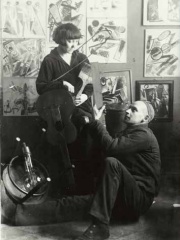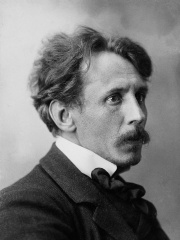
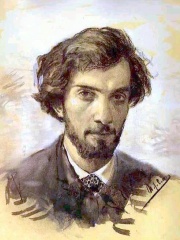
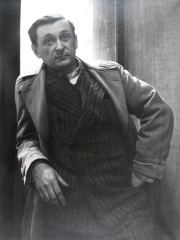
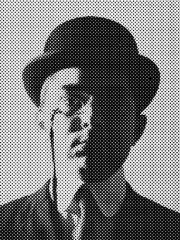
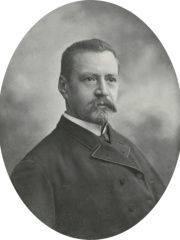
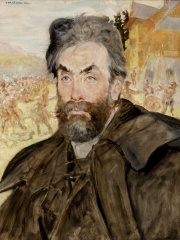
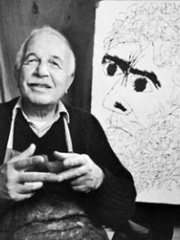
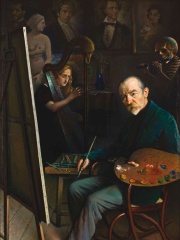
最著名的
画家 从立陶宛
从立陶宛画家本周热门
从立陶宛画家在维基百科热门前10名 过去7天,附上简短原因说明。
- #1

Isaac Levitan
1860 - 1900
热门于 俄语 (#275) Wikipedia (1,302 次浏览, 2月27日).
前 9 画家
以下人物被Pantheon认为是有史以来最具传奇色彩的立陶宛人画家。这份著名的立陶宛人画家名单按HPI(历史流行度指数)排序,该指标汇总了传记在线流行度的信息。
Overlapping Lives
Which 画家 were alive at the same time? This visualization shows the lifespans of the 9 most globally memorable 画家 since 1700.

